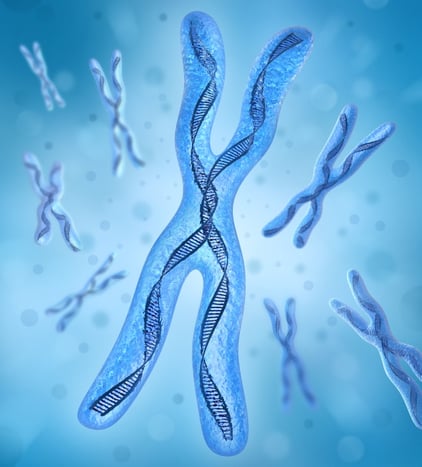Will you live to be 100? I am on the fence about wanting to live that long, unless I can be pretty sure I’ll be relatively healthy for the duration. Health span and longevity are the golden tickets in aging research,  according to a panel convened recently at the Milken Institute Global Conference.
according to a panel convened recently at the Milken Institute Global Conference.
Moderated by Francis Collins, director of the National Institutes of Health, the panel—made up of luminaries in geroscience research—gave the audience updates on recent promising studies. Among the most interesting—and slightly scary—research that is giving them reason to think that extending not only lifespan but also health span is within reach—and within a reasonable timeframe. It may not happen in the near future, but is definitely on the horizon.
From telomeres and mitochondria to senescent cells, mouse and primate studies have shown that umbilical cord blood extended the lives of mice, while Metformin, a diabetes drug that’s been around for a decades, has been shown to prevent the onset of diabetes and cardiovascular disease, among other things.
According to Elizabeth Blackburn, Nobel Laureate and president of the Salk Institute, targeting and minimizing the “big killers of humanity” (the diseases that often come with aging) is the key to extending health span. “The conditions we die of, we really care about those, because these affect our health span,” she said.
The National Academy of Medicine is so committed to finding the key to extending the health span it has created an initiative around it. According to the group’s website, the Longevity Grand Challenge is aimed at inspiring and incubating “transformative ideas through challenge prizes and awards, expert guidance, a roadmap for policymakers and public engagement.”
So how does all this relate to aging services? There are obvious correlations, such as how much longer such breakthroughs will extend human lifespan and its impact on health care systems and housing, of course. It is worth noting, however, according to one scientist, when the time comes, humans will likely get about two additional years out of it. That century-long lifespan may still be reserved for those with the right genetics but the science and research seems to be inching closer to it.
While there are some very interesting discoveries that point to “hacking the aging code,” the panelists also made note of the fact that good old-fashioned exercise, diet, and genetics still play a large role in human longevity.
If you want a focused approach to figuring how health longevity affects your business— facilitated by experts in the senior living field—contact Quantum Age today.